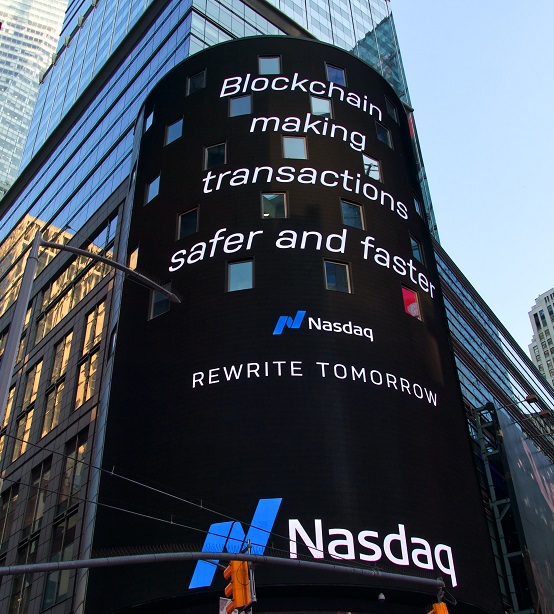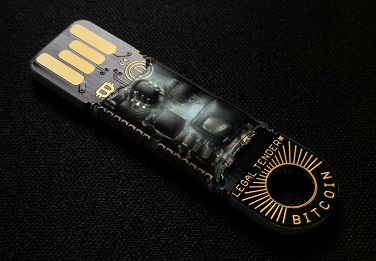
In recent real estate industry news, Rick Caruso committed to cryptocurrency. Caruso is the owner of the Rosewood Miramar Beach in Montecito, California. Cryptocurrency is now accepted at Caruso’s shops, where customers may earn bitcoin to spend at the resort — or to pay rent at the company’s luxury apartments.
Yes, bitcoin will be the coin of the realm at Caruso rental properties. Not far from Hollywood are The Luxury Apartments, above The Americana at Brand. Here, renters will send payments through their digital wallets on the Gemini blockchain platform.
High Conviction
Gemini is a good fit for Caruso’s properties. Gemini now works with Flexa, a fraud-resistant payment system that lets people spend digital currencies at brick-and-mortar shops, instantly and without conversion charges. It’s one more real-world use case demonstration for blockchain.
Caruso is confident that bitcoin — like credit cards and electronic payments before it — is here to stay. Over time, Caruso thinks, the asset’s day-to-day spikes and dips should settle into a predictable range. Anticipating the financial landscape ten to 20 years from now, Caruso said an allocation of 1% of the company’s investment portfolio is a timely and critical diversification strategy.
Beyond the Niche

The number of blockchain wallet apps is rising at a remarkable clip. Bitcoin and other blockchain-based assets have captured the public imagination around the world.
“Crypto assets have outgrown their niche and are becoming increasingly popular with European consumers,” writes Stefan Berger, Member of the European Parliament.
So, to retain its digital sovereignty, the European Union has rolled out a five-year pilot plan to establish a digital euro. Bank customers will get digital wallets for their digital euros — which have a predictable and stable value, and complement cash.
Other Centralized Cryptoassets

Meanwhile, China’s digital yuan is already circulating in several cities. Bitcoin is legal tender in El Salvador. The Bahamian digital dollar is issued and endorsed by the Central Bank of The Bahamas as a safer, more inclusive, more efficient currency. Blockchain is becoming synonymous with the modern currency system.
Facebook’s Libra Association is working on Diem, another digital currency. Its value will be bound to the dollar and euro, but it’s not just for North Americans and Europeans. As a global currency, Diem is meant to bring people with limited or no access to bank accounts into a digital economy.
The Diem White Paper explains its goal as “enabling any person or business globally to have fair, affordable, and instant access to their money.” A worker could easily send remittances to family members in another country. Renters could pay landlords “as easily as they can buy a coffee.”
Reducing Friction in Commercial Real Estate Transfers
Way back in 2017, Deloitte discussed the way blockchain could facilitate commercial real estate transactions, by offering:
- A transparent, comprehensive multiple listing system.
- Blockchain-based histories of actors and assets, so investors can run meaningful background checks, and lessors can check for liens on the property.
- Fair, data-derived valuations, pricing, and borrower approvals.
- Blockchain recording systems, allowing buyers and lenders to check for liens, permits, and title histories.
Money could move as the transaction does. Smart contracts could trigger security deposits and other escrow payments, title transfers and lien recordings, and regular mortgage payments to lenders. Payments could come from either bitcoin wallets or traditional bank accounts.
Blockchain’s Biggest Risk? Ignoring It
As Bitcoin heads for “too big to fail” territory, commercial real estate owners are delving into white papers, considering ways to augment their models and diversify their finances. Survival depends on adapting to the changing times, said Deloitte; and blockchain is a force for change. “Think about it, question it, but don’t ignore it.”
Note: We are not financial advisers, and this blog is not investing advice. There are more than 9,000 cryptoassets today. Each has its own risk-reward profile. Research platforms carefully, and speak with your tax consultant about selecting the appropriate investment strategies to suit your personal circumstances.
Supporting References
Joanne Calitri for The Montecito Journal: Rick Caruso Accepting Bitcoin for Retail, Rentals, and Resorts (Jun. 3, 2021), citing CNBC’s Power Lunch.
Tyler Spalding, Co-Founder and CEO of Flexa, for Cyptopedia by Gemini: Flexa – The Pure-Digital Payments Network (updated May 19, 2021).
Stefan Berger, MEP for BrusselsMorning.com: The Digital Euro Is Not an Option, But a Necessity for Europe (Jul. 21, 2021).
Deloitte Center for Financial Services: Blockchain in Commercial Real Estate – The Future Is Here (2017).
Photo credits: Pascal Bernardon, via Unsplash; Dom J and Simon, via Pexels.
